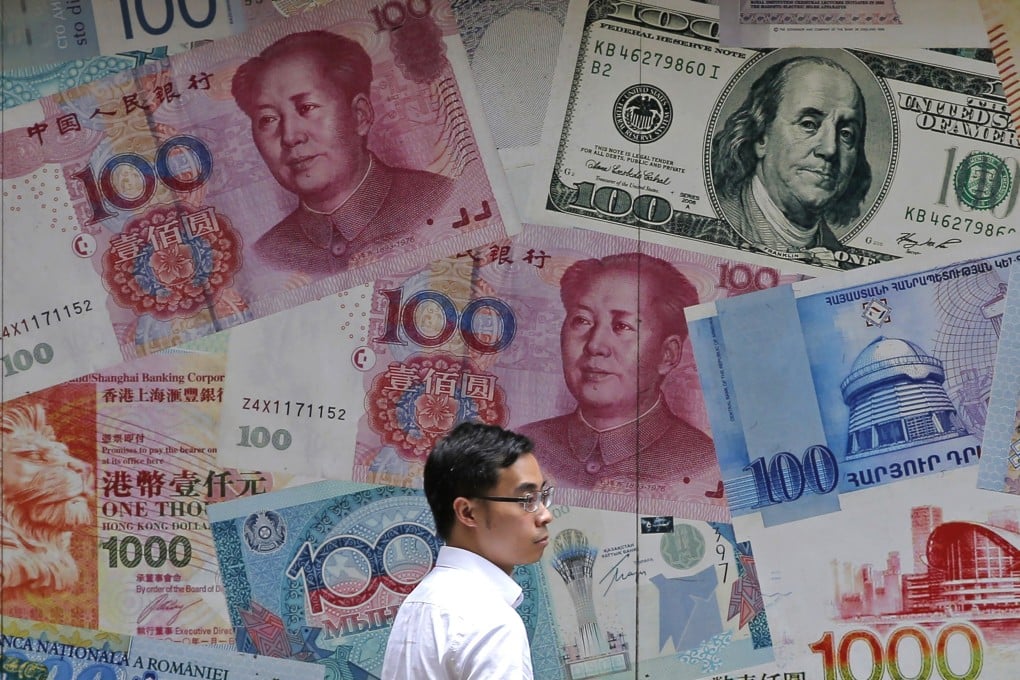Can China boost foreign asset returns to ease impact of economic slowdown?
- Allowing citizens to invest more internationally could boost their savings returns, says former overseer of international payments
- China’s draconian capital controls let individuals convert up to US$50,000 annually, but only for travel and study, not for investment

China’s foreign exchange reserves currently account for most of its foreign assets and are mainly invested in low-yield US Treasury securities. Chinese households, meanwhile, have a much lower exposure to global assets compared with their peers in developed countries.
In that respect, Guan Tao, the former division director at SAFE who is now chief economist at BOC International, said national policymakers may want to encourage citizens to generate higher investment returns abroad. This, he said, could help hedge against the imminent structural change to China’s current account that makes it a capital importer – buying more from the rest of the world than selling to it.
Guan was speaking during a webinar hosted by the Hong Kong Institute for Monetary and Financial Research on Tuesday.